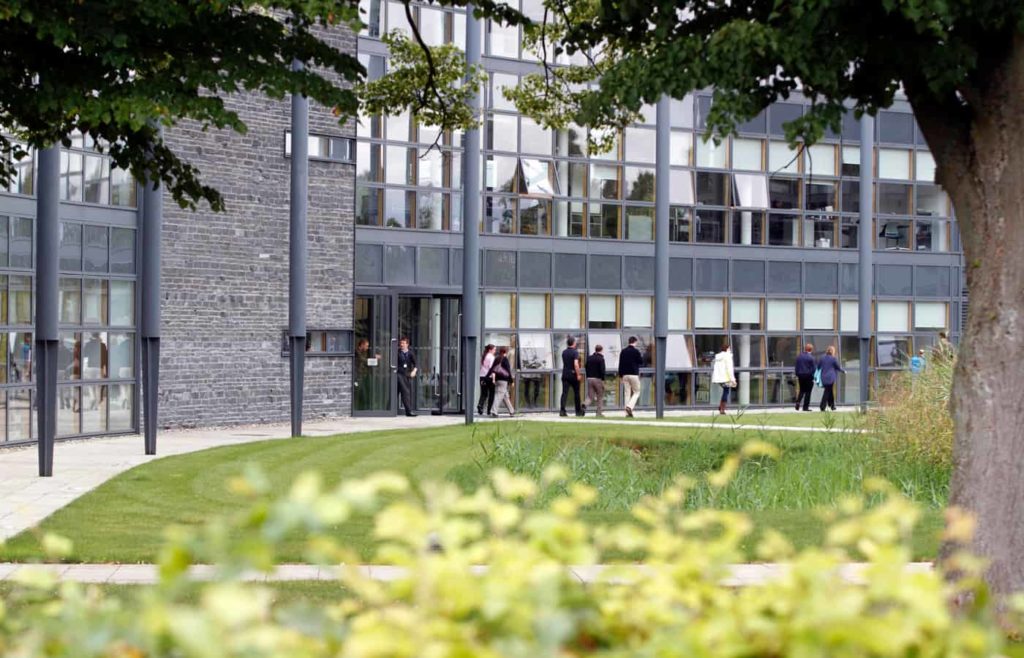South: Barclays finds UK lagging behind ‘Digital-Tiger Economies’

The Barclays Digital Development Index, which benchmarks 10 countries around the world on their readiness to compete in the digital economy and which attributes an overarching ‘digital empowerment’ score to each nation, found that the UK came in just fourth place behind new and emerging ‘digital tiger’ economies Estonia, South Korea and Sweden. The research highlights a disconnect between policies to support digital engagement in the UK, which score well overall, and a lack of confidence in digital skills at an individual level among British workers.
Only the two leading countries in the index are ahead of the UK in the ranking for digital policies. Both Estonia and South Korea are particularly strong on vocational and workplace digital skills, while South Korea leads the way on broadband access policy and digital skills in compulsory education.
When it comes to skills, the UK ranks in fourth position in terms of support for the development of digital skills, performing well in selected areas of digital skills policy and advanced learning skills. These strengths are offset, however, by relatively low capability and confidence in digital skills on an individual level where the UK ranks in sixth place behind some of its biggest economic rivals China, India and the USA.
With the UK coming seventh out of 10 in vocational and workplace skills, the research highlights a clear need for more to be done in the workplace to help boost digital skills. Only 38% of UK workers interviewed say that their employer offers training in digital skills, whereas in China and the US the figure is 48%, and in India (67%).
Perhaps the most disturbing indicator is the fact that the UK ranks just seventh out of 10 for coding skills and content creation. Only 16% of workers in the UK would be very comfortable building a website, compared to 39% in Brazil and 37% in India. Only 11% in the UK would be very comfortable creating a mobile app or game, compared to 22% in the USA, 27% in Brazil, or 33% in India. Only 12% in the UK feel very comfortable creating a software programme or game, compared to 23% in the USA or 33% in India.
The research also highlights that UK confidence is particularly low when it comes to protecting data and devices. Workers in the UK are less likely to keep their phones and laptops secure than those in Brazil, South Africa or China, and this poses a potential risk of dangerous data leaks in the coming years as cyber hackers find increasingly sophisticated ways to access data. Only 13% of workers in the UK use password-generating software to create hard-to-crack passwords, compared to 32% in China and 32% in India. Only 41% in the UK change important passwords regularly, compared to 59% in India. Only 38% in the UK never save or store payment information on online accounts, compared to 58% in South Africa.
Ashok Vaswani, CEO of Barclays UK, said: “We urgently need to secure London and the UK as the world’s pre-eminent powerhouse of tech innovation as well as to make sure that the UK has the digital skills and expertise to compete globally across all sectors and industries. Competing in the digital economy is about a global race that will define how prosperous and successful we are for decades to come. With the referendum sending a clear message that too many parts of the UK do not feel they are sharing in the promise of global prosperity, now is the time to take everyone in society forward in the digital age.”
He continued: “In the last century, most of us had to cope with just one big shift in technology in our career or lifetime, and we’ve been able to rely on our early education to get us through. But, now these changes are happening constantly though the evolution of the internet, smartphones, social media, and the advent of new technologies like blockchain, virtual reality, AI and open data. Businesses now need to create a new culture of lifelong learning.”
The report’s findings are based on a survey of nearly 10,000 working adults combined with analysis of policy frameworks and support for the development of digital skills in each country.














